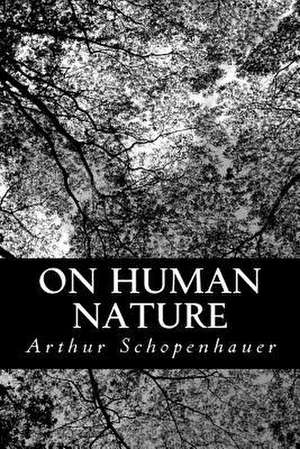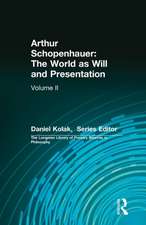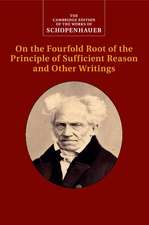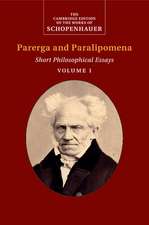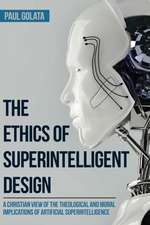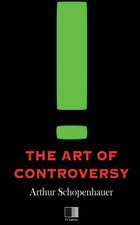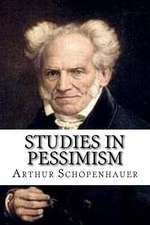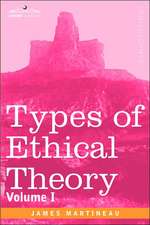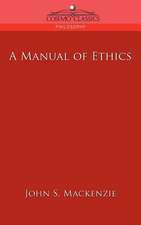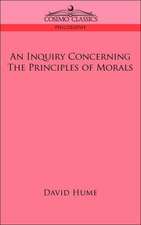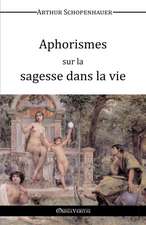On Human Nature
Autor Arthur Schopenhauer Traducere de T. Bailey Saundersen Limba Engleză Paperback
| Toate formatele și edițiile | Preț | Express |
|---|---|---|
| Paperback (7) | 28.44 lei 3-5 săpt. | |
| Dover Publications – 31 oct 2010 | 28.44 lei 3-5 săpt. | |
| CREATESPACE – | 83.77 lei 3-5 săpt. | |
| COSIMO CLASSICS – 31 mai 2007 | 77.91 lei 6-8 săpt. | |
| BLURB INC – 22 feb 2019 | 81.63 lei 17-23 zile | |
| Crescent Moon Publishing – 9 apr 2023 | 91.62 lei 6-8 săpt. | |
| Antiquarius – 20 noi 2020 | 97.83 lei 38-44 zile | |
| University Press of the Pacific – 31 mai 2002 | 117.87 lei 6-8 săpt. | |
| Hardback (1) | 161.01 lei 6-8 săpt. | |
| COSIMO CLASSICS – 30 iun 2010 | 161.01 lei 6-8 săpt. |
Preț: 83.77 lei
Nou
Puncte Express: 126
Preț estimativ în valută:
16.03€ • 16.78$ • 13.34£
16.03€ • 16.78$ • 13.34£
Carte disponibilă
Livrare economică 10-24 martie
Preluare comenzi: 021 569.72.76
Specificații
ISBN-13: 9781490576305
ISBN-10: 1490576304
Pagini: 98
Dimensiuni: 152 x 229 x 6 mm
Greutate: 0.15 kg
Editura: CREATESPACE
ISBN-10: 1490576304
Pagini: 98
Dimensiuni: 152 x 229 x 6 mm
Greutate: 0.15 kg
Editura: CREATESPACE
Notă biografică
Arthur Schopenhauer was among the first 19th century philosophers to contend that at its core, the universe is not a rational place. Inspired by Plato and Kant, both of whom regarded the world as being more amenable to reason, Schopenhauer developed their philosophies into an instinct-recognizing and ultimately ascetic outlook, emphasizing that in the face of a world filled with endless strife, we ought to minimize our natural desires for the sake of achieving a more tranquil frame of mind and a disposition towards universal beneficence. Often considered to be a thoroughgoing pessimist, Schopenhauer in fact advocated ways - via artistic, moral and ascetic forms of awareness - to overcome a frustration-filled and fundamentally painful human condition. Since his death in 1860, his philosophy has had a special attraction for those who wonder about life's meaning, along with those engaged in music, literature, and the visual arts.
